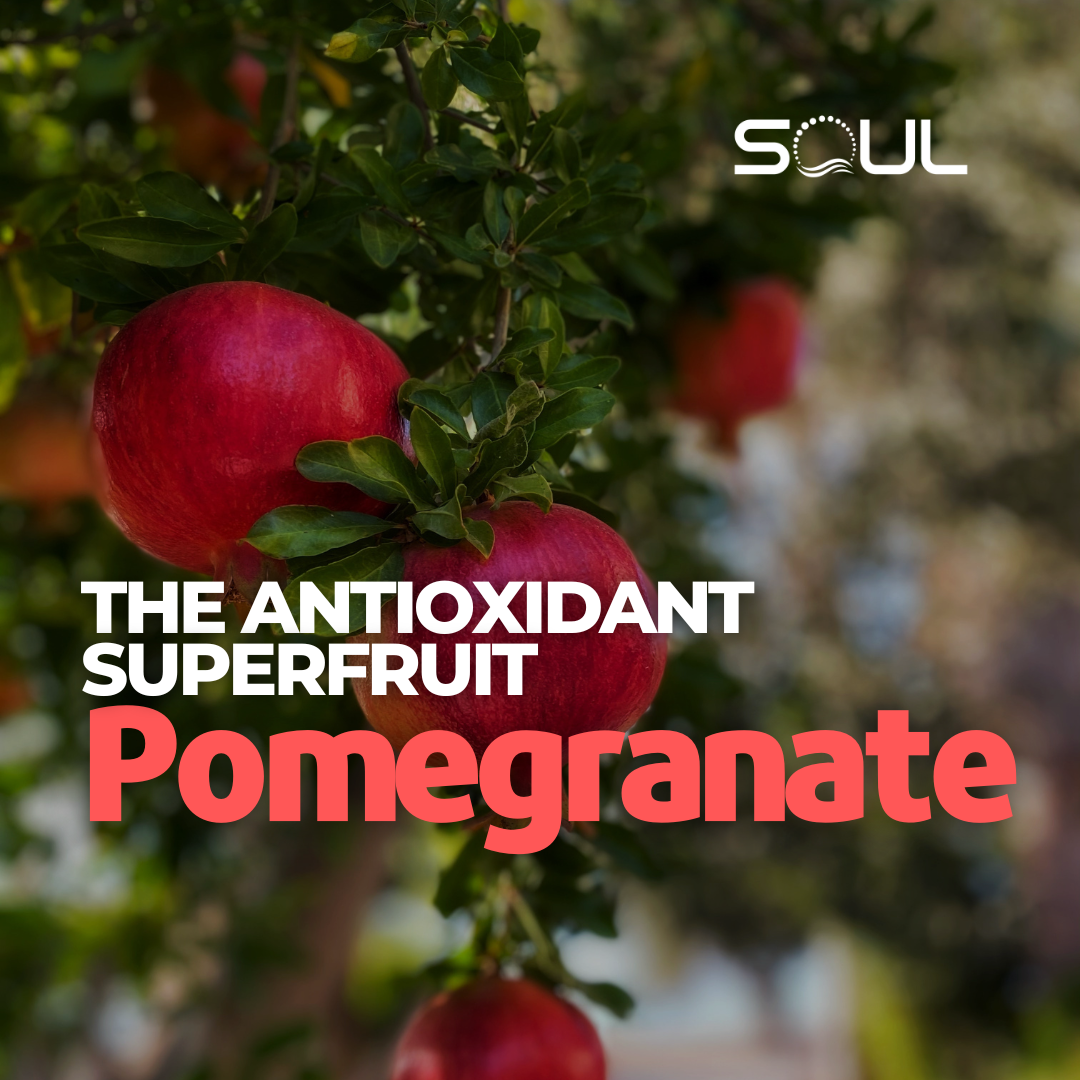
Pomegranates: A Powerhouse of Flavor and Potential Health Benefits
When you slice open a pomegranate, you're not just looking at a beautiful fruit native to the Middle East and Asia. You're staring at a goldmine of nutrients, antioxidants, and a long history of health benefits. The pomegranate, with its deep ruby seeds encased in a tough exterior, isn’t just visually stunning; it's a health warrior packed with vitamins and a host of polyphenols that could very well be the secret weapon your diet is missing.
The Power of Red: Vitamin C and Beyond
The edible seeds of a pomegranate, known as arils, are a rich source of Vitamin C. In the world of antioxidants, Vitamin C is like the maestro, orchestrating a defense against oxidative stress. Every time you bite into a handful of those juicy seeds, you're not just enjoying a sweet treat—you’re giving your cells a fighting chance against damage from free radicals.
But the benefits don’t stop there. Folate, potassium, and Vitamin K round out pomegranate’s nutritional profile. Potassium, often an unsung hero, plays a crucial role in maintaining blood pressure and cardiovascular health, while Vitamin K acts as a regulator, aiding blood clotting and bone metabolism. Together, they offer a symphony of nutrients that support the body's overall health.
The Polyphenol Play: A Conjecture of Heart and Health
Polyphenols—those tiny, mighty compounds—are abundant in pomegranates and hold the key to their unique health properties. When we think about polyphenols, envision them as the body's internal peacekeepers. They work by quelling inflammation and reinforcing your cardiovascular defenses. Here’s where it gets interesting: The polyphenols in pomegranates, such as punicalagins, are not just bystanders. They're active agents that could potentially reduce the risk of heart disease by preventing plaque buildup and improving blood flow to the heart.
Mechanistically, it’s akin to unblocking a crowded intersection. Plaque, when left unchecked, can create traffic jams in your arteries, leading to high blood pressure and increased cardiovascular risk. Polyphenols, however, may help clear this intersection, ensuring the smooth flow of blood and nutrients to your heart. Imagine having a dietary addition that acts like a road manager, reducing risks and clearing the way for your heart to keep beating strong.
A Shot in the Dark Against Cancer
Pomegranates have been studied for their potential anti-cancer properties, and while much of the research has been done in laboratories or on animals, the findings are tantalizing. Punicalagin—the very same compound that helps your heart—might also help inhibit the growth of cancer cells. It's as if this fruit is equipped with a dual-function mode: one to defend the heart, and another to stymie cancer cells in their tracks.
Consider the implications: In test tubes, these compounds appear to interfere with the proliferation of certain types of cancer cells, including those in breast, prostate, and colon tissues. While it’s too early to call it a cancer cure, there’s a fascinating mechanistic hypothesis at play here. Think of pomegranate compounds as potential disruptors to rogue cells, throwing a wrench in the machinery of cancer progression.
The Antioxidant Arsenal: A Guard Against Cellular Sabotage
Pomegranates boast an impressive level of antioxidants—flavonoids and anthocyanins among them. These antioxidants neutralize free radicals, which are notorious for creating cellular chaos and contributing to chronic diseases. In simpler terms, free radicals are like reckless vandals, attacking cells and accelerating aging and disease. Antioxidants act like the neighborhood watch, swooping in to stop the damage.
For those with a keen interest in longevity and well-being, a diet enriched with antioxidant-rich foods like pomegranates might be your most accessible route to safeguarding against oxidative damage and keeping chronic diseases at bay.
The Culinary Champion: Elevating Your Diet
Now, let’s talk practicality. Beyond the health benefits, pomegranates can elevate your meals with a burst of flavor and nutrition. Imagine a tangy-sweet pomegranate molasses drizzled over roasted lamb, or the vibrant pop of arils sprinkled over a fresh salad. For centuries, Middle Eastern cuisine has embraced pomegranates not just for their health benefits, but for their versatility in dishes.
A spoonful of arils in yogurt or a salad offers a simple but impactful way to incorporate pomegranates into your diet. Even their juice, with its unique sweet-tart profile, can transform a mundane marinade into a culinary masterpiece. Essentially, pomegranates are the multi-tool of fruits: delightful to the taste buds and potentially life-enhancing to the body.
The Bottom Line
Adding pomegranates to your diet isn't just a choice—it’s a statement. A statement that says you’re interested in heart health, proactive about reducing inflammation, and curious about the natural compounds that could impact cancer risk. The evidence, while still emerging, points to promising outcomes. And while researchers continue to unravel the mysteries of this fruit, there's no harm in embracing the known benefits.
These statements have not been evaluated by the Food and Drug Administration. This product is not intended to diagnose, treat, cure or prevent any disease. This article is for informational purposes only and is not a substitute for professional medical advice. Always consult your healthcare provider regarding any health concerns or before starting new supplements.
